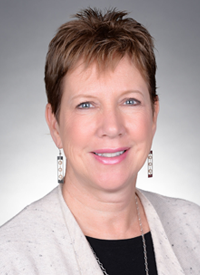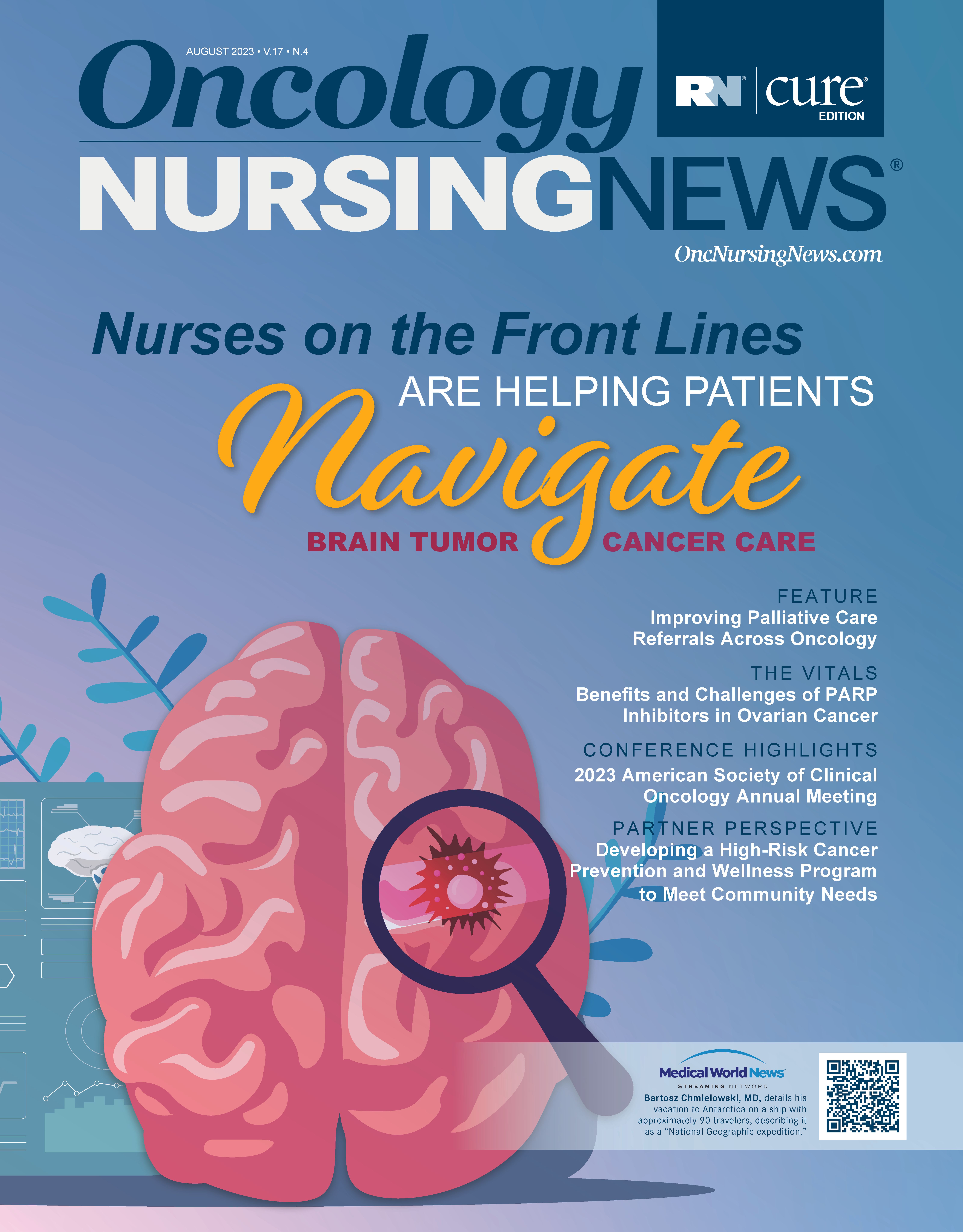Where Did All the Chemotherapy Go?
As we continue to slowly recover from the trauma of the COVID-19 pandemic, we are facing a new problem: chemotherapy shortages.
Pattie Jakel, MN, RN, AOCN

In 2023, almost 2 million (1,958,319) Americans will be diagnosed with cancer, and having to inform these patients that potentially curative chemotherapy is not available is heartbreaking.1 As we continue to slowly recover from the trauma of the COVID-19 pandemic, we are facing a new problem: chemotherapy shortages.
In a survey conducted in May 2023 by the National Comprehensive Cancer Network (NCCN), more than 90% of the nation’s largest cancer centers reported a current shortage of chemotherapy.2 Among the 27 cancer centers surveyed, 93% reported a shortage of carboplatin and 70% reported a shortage of its sister drug, cisplatin.2 Both chemotherapies are used in combination with other agents to cure and treat many types of cancer.2 However, 64% of the large cancer centers surveyed reported they could still treat all patients receiving carboplatin at the intended time and dose.2 As oncology nurses, we understand that millions of patients are treated in smaller, rural centers, where the struggle to procure the needed agents is a continuous and frustrating effort.2
Two of our most important agents, cisplatin and carboplatin, are older generic drugs and have been widely used since the 1970s. Platinum-based drugs have been intensely studied and are the backbone of care for many cancers, which means they are often used in clinical trials in both the control and experimental arms. Many organizations and cancer centers are feverishly working on guidelines addressing the drug shortage within clinical trials, including appropriate delays and/or modifications in study treatment. All clinical trial patients must be informed of delays or modifications in therapy due to supply shortages and potential risks.
What are the causes of these shortages? According to Richard Pazdur, MD, director of the FDA’s Oncology Center of Excellence, the root cause is a failure by the industry to invest in building capacity. The cisplatin shortage started when the FDA identified quality issues, which triggered a ripple effect in the supply chain. Moreover, as Pazdur explained in a conversation with The Cancer Letter, the FDA cannot require a company to manufacture a drug, nor can it require tracking of increases in demand of specific drugs, which can lead to shortages. Also, some manufacturing companies report that the cost to make the agent is greater than the sale price. As Pazdur concluded, “A shortage is the end result of a failure in the market.”4
The NCCN is calling on the federal government, the pharmaceutical industry, providers, and payers to each do their part in preventing and managing the impacts of anticancer drug shortages. The recommendations are as follows5:
1. The federal government and its agencies must assure a regulatory environment that secures a steady supply of core anticancer drugs that are safe and effective.
2. The pharmaceutical industry must accept and act upon the ethical and moral obligation to assure a steady supply of core anticancer drugs that are safe and effective.
3. Providers must judiciously utilize available anticancer agents prioritized by efficacy, safety, and cost. In times of drug shortages, providers must adopt strategies that intentionally prioritize the use of agents based on pragmatic drug use and maximal societal impact.
4. The payer community must put patients first and provide flexible and efficient systems of providing coverage for alternative therapies replacing anticancer drugs that are unavailable or in shortage.
According to Eva Edwards, MSN, RN, OCN, MHA, because of these shortages, many institutions that have limited supplies of cisplatin and carboplatin are developing algorithms to guide treatment, giving top priority to patients treated with a curative intent and limiting the standard-of-care treatment to patients who cannot be cured but who can still benefit from these drugs. Thousands of patients are confused, frightened, and distressed by the news that their essential agents are not available. In an interview with Oncology Nursing News, Edwards, who is director of Oncology Services at Samaritan Medical Center, a 16-chair infusion center in Watertown, New York, said, “The shortage has undermined the patient’s trust in the infusion center, nurses, and providers. Trust is quickly leaving as the shortage increases.” She noted that the efforts to procure agents, create algorithms, and console patients are timeconsuming with an already stretched oncology staff. Further, the shortage adds ethical dilemmas to a specialty already saturated with moral distress. As we were reminded by the pandemic, moral distress can lead to burnout, with nurses and providers leaving the specialty or even the profession.
In these uncertain times in cancer care, oncology nurses continue to be the advocate and centering force for all patients. We need to stay informed and updated in our information so we can educate, reassure, and lovingly care for our patients.
References
- Siegel RL, Miller KD, Wagle NS, Jemal A. Cancer statistics, 2023. CA Cancer J Clin. 2023;73(1):17-48. doi:10.3322/caac.21763
- NCCN releases statement addressing ongoing chemotherapy shortages; shares survey results finding more than 90% of cancer centers are impacted. National Comprehensive Cancer Network. June 7, 2023. Accessed July 12, 2023. https://bit.ly/3p88k6k
- NCCN Best Practices Committee carboplatin & cisplatin shortage survey results. National Comprehensive Cancer Network. June 7, 2023. Accessed July 12, 2023. https://bit.ly/3rhr2cs
- Goldberg P. Richard Pazdur discusses root causes of cisplatin and carboplatin shortage and what can be done to alleviate it. The Cancer Letter. May 30, 2023. Accessed July 12, 2023. https://bit.ly/3JQn7cX
- National Comprehensive Cancer Network (NCCN) statement on mitigating the impacts of anti-cancer drug shortages. National Comprehensive Cancer Network. June 7, 2023. Accessed July 12, 2023. https://bit.ly/3NRzarK

Innovative Program Reduces Nurse Turnover and Fosters Development
Published: September 12th 2024 | Updated: September 12th 2024The US Oncology Network (The Network) has developed one of the most comprehensive programs in the nation to support the professional development and retention of new oncology nurses.



